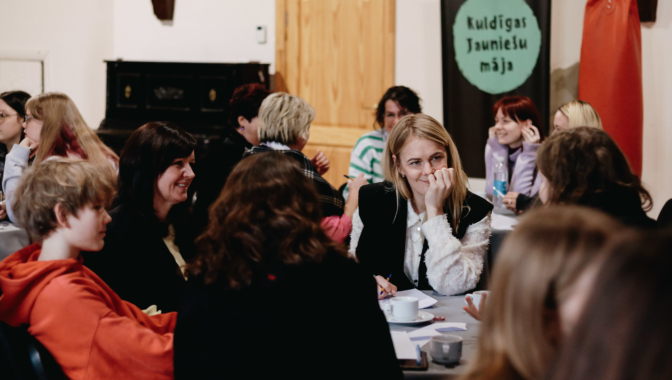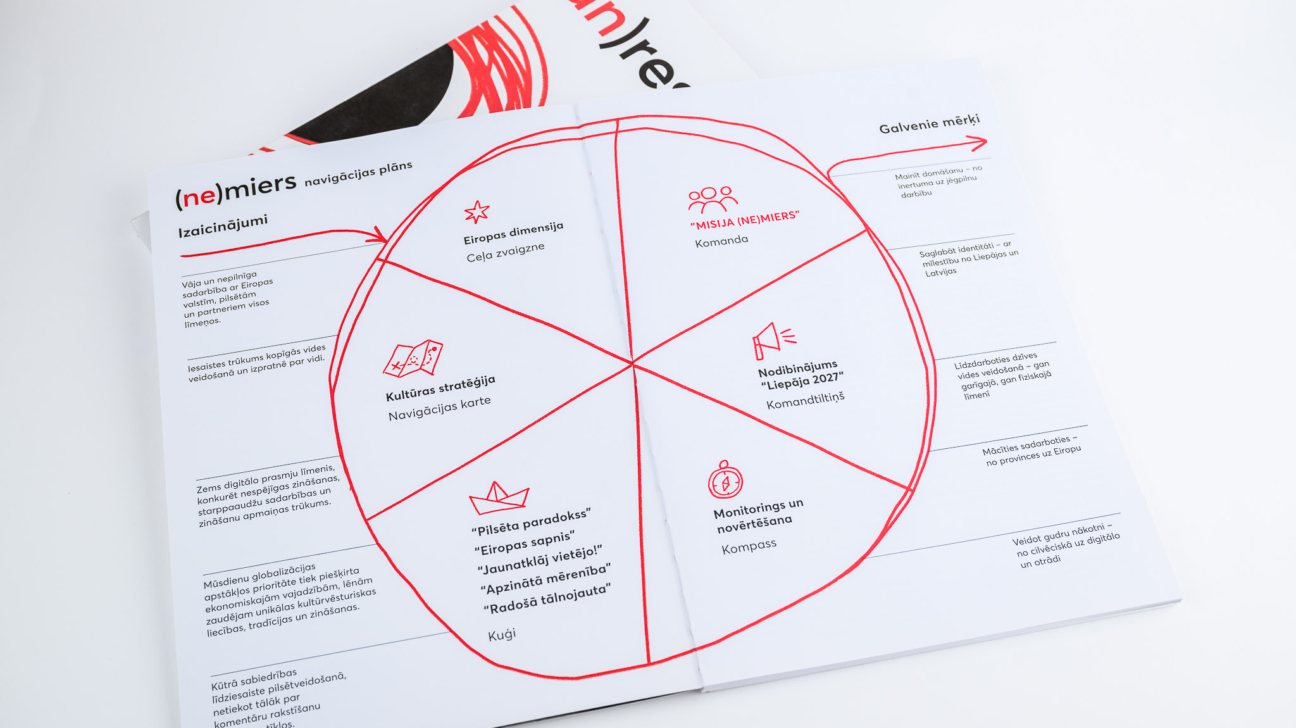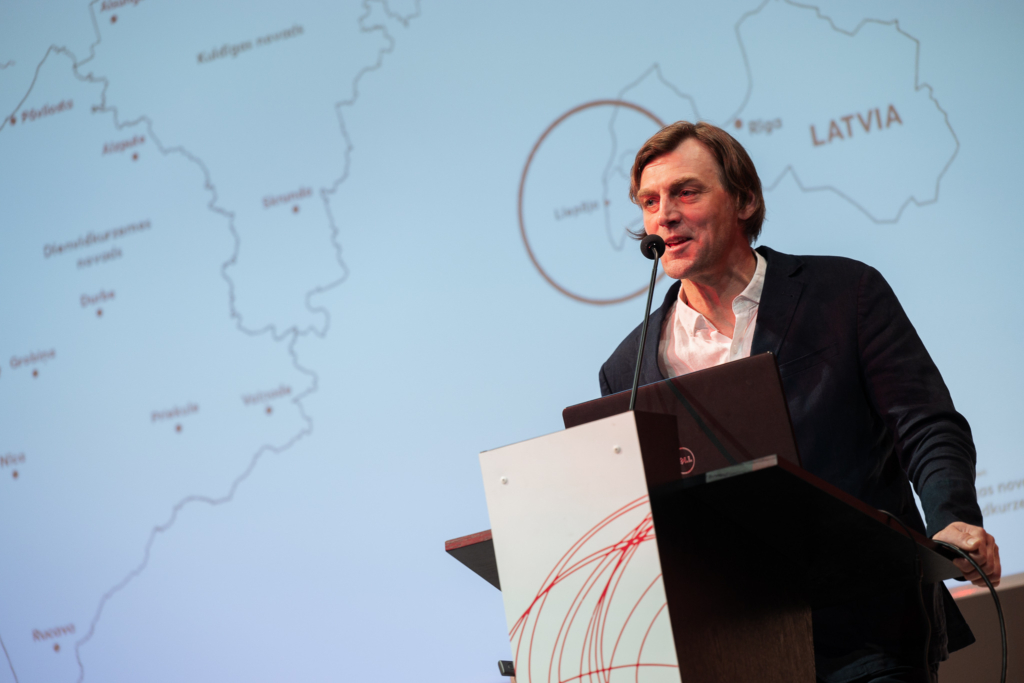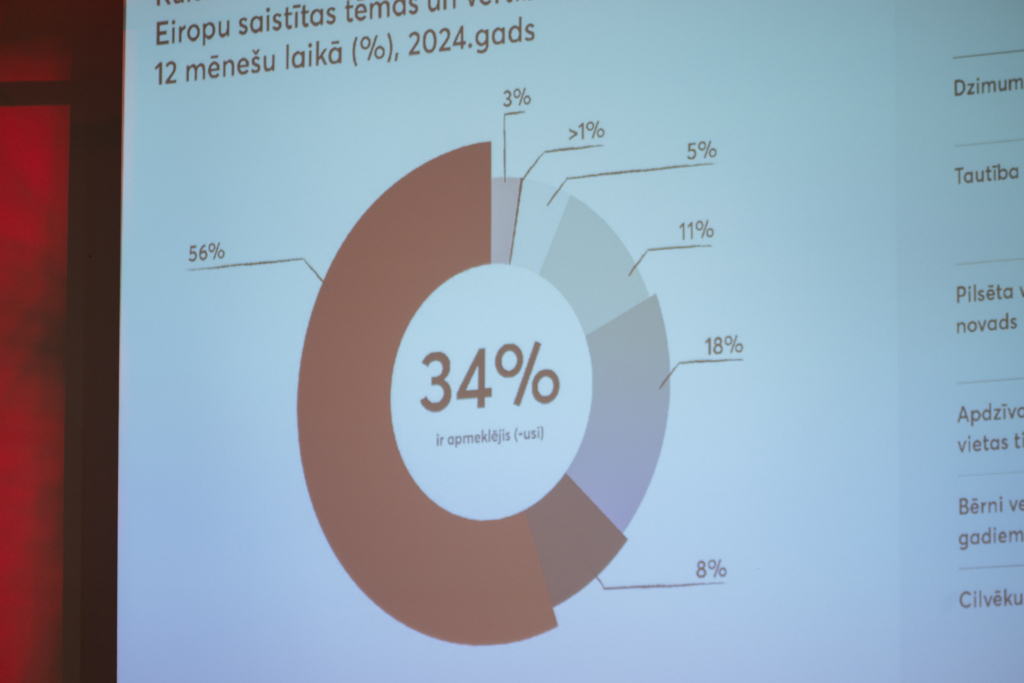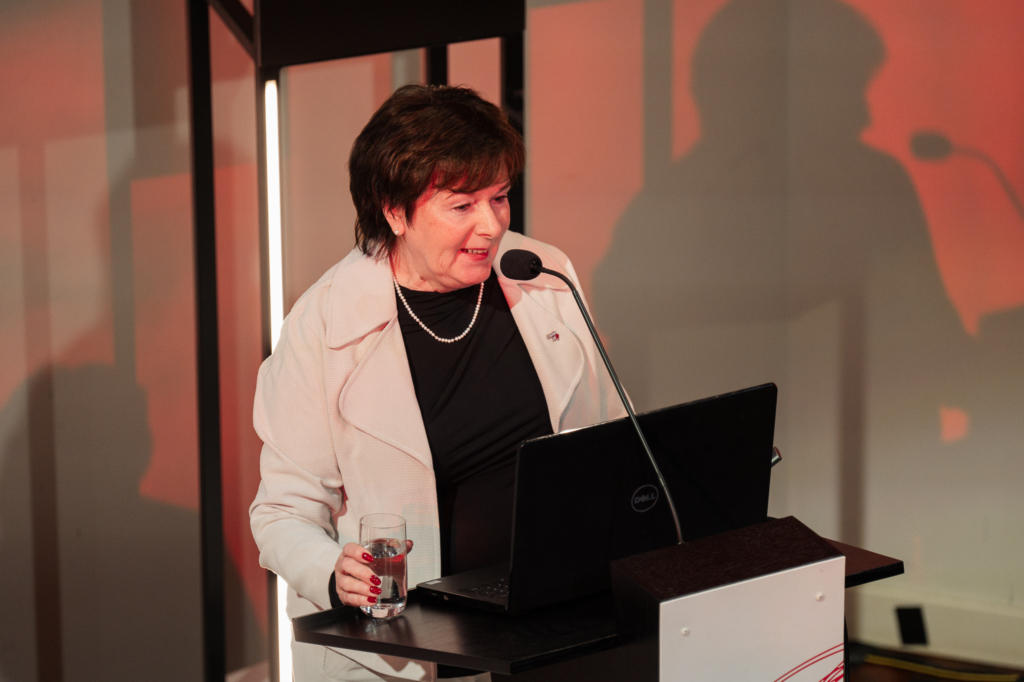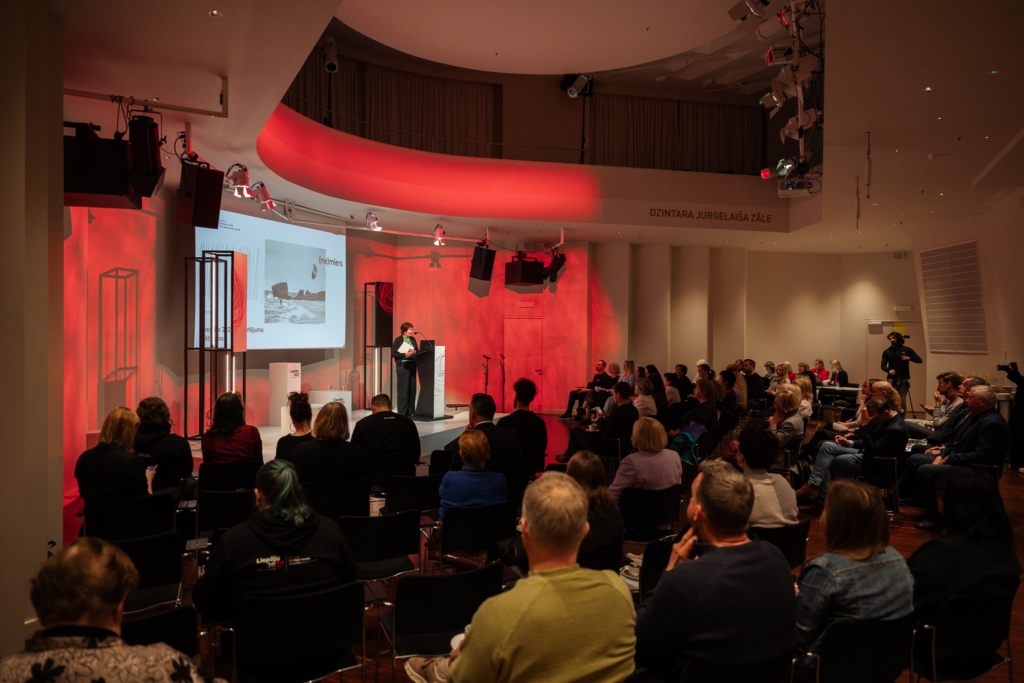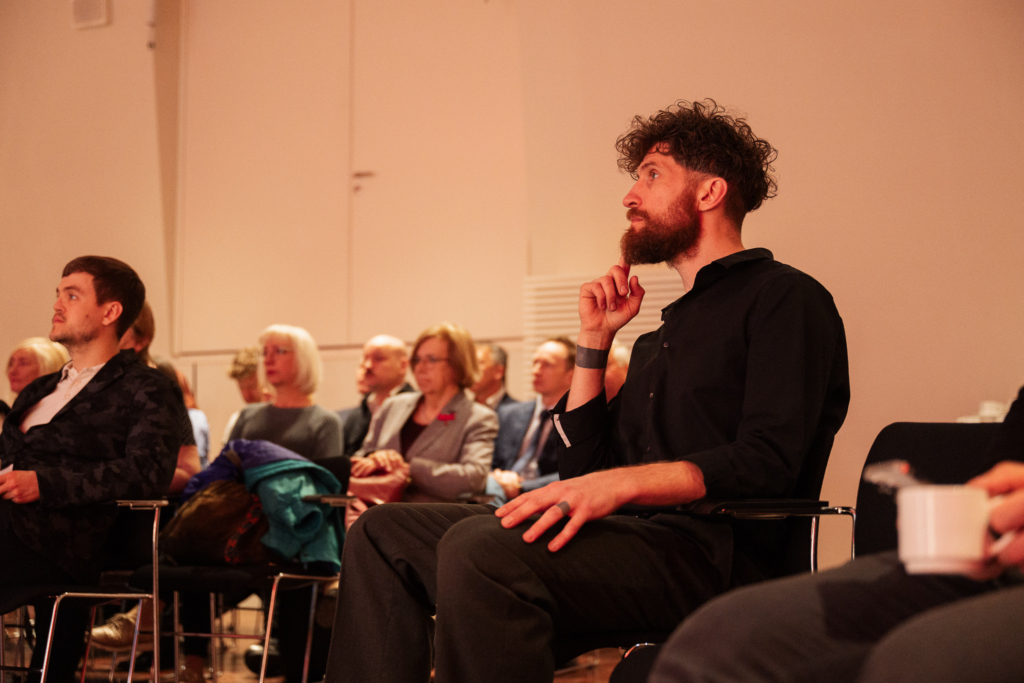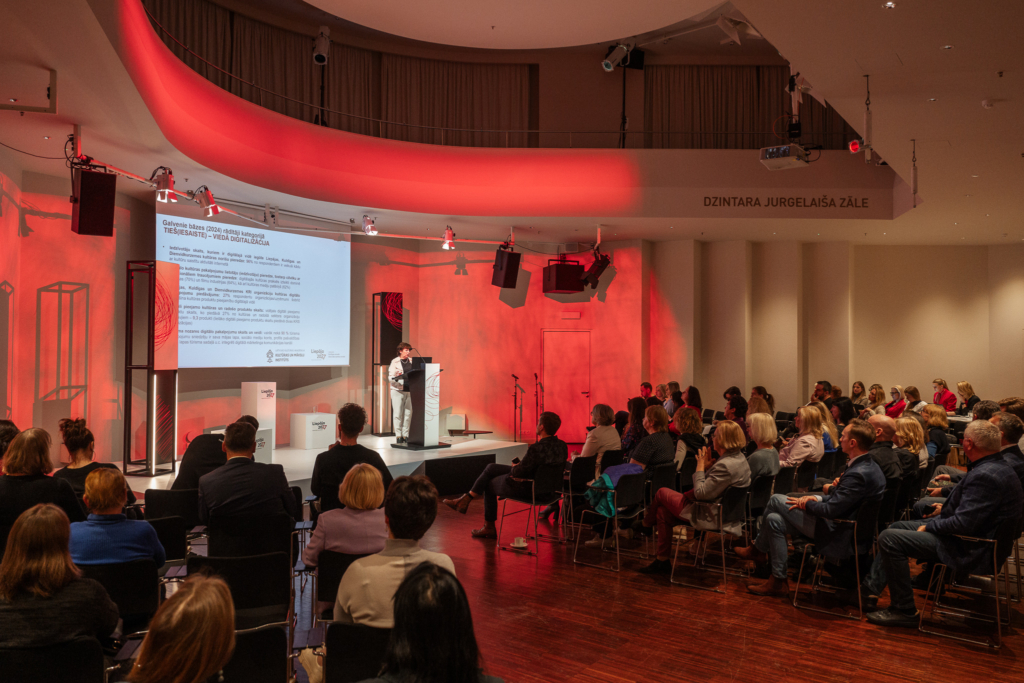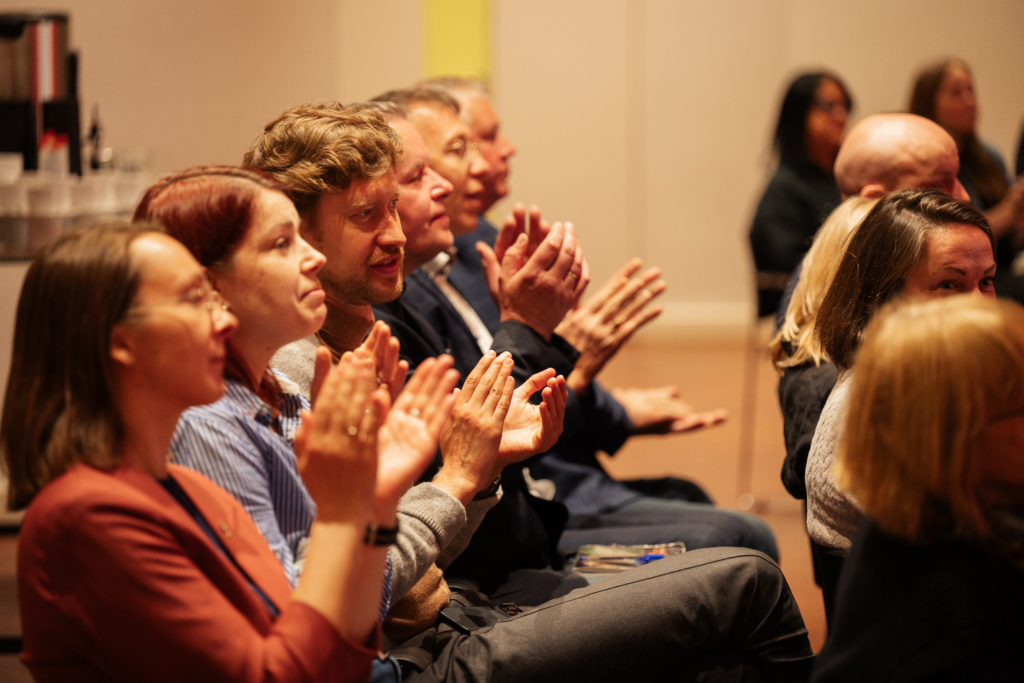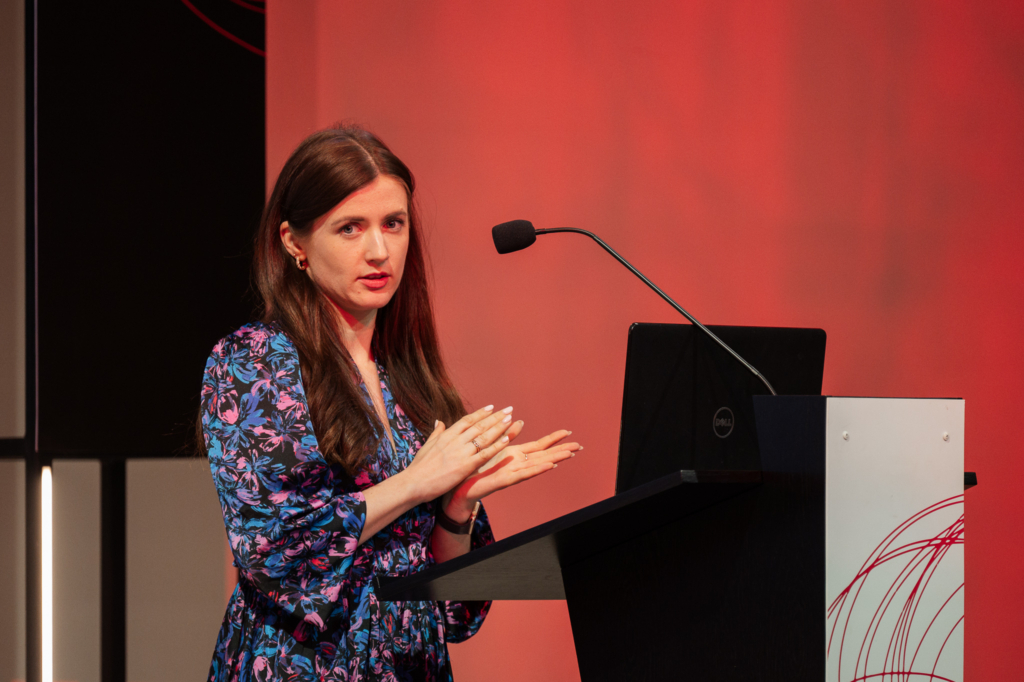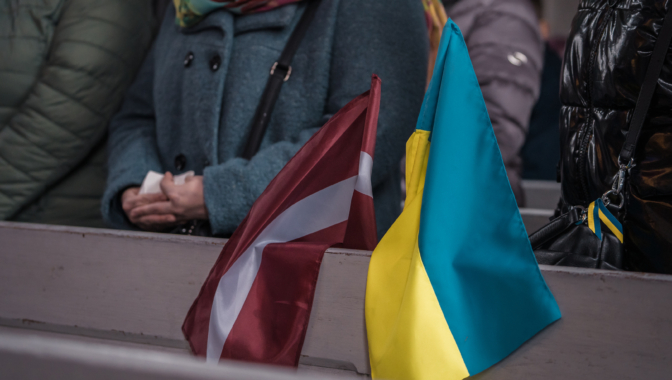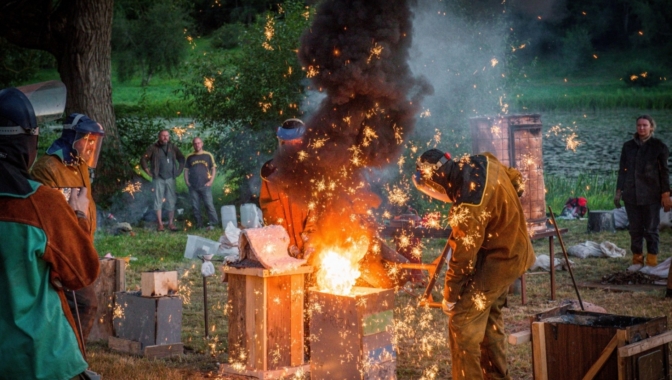Today, on 6 May, the Liepāja 2027 Foundation published the results of a comprehensive study conducted on demand by the Latvian Academy of Culture, shedding light on cultural accessibility and development in Liepāja, South Kurzeme, and Kuldīga — collectively described as the Land of (un)rest. The research offers fresh insight into how residents engage with culture, highlighting both strengths and challenges in areas such as digital access, international cooperation, sustainability, and public participation.
The study confirms that within the Liepāja 2027 framework, continued efforts are needed to enhance digital accessibility, deepen international ties, strengthen sustainable tourism, and encourage active citizen involvement, so that culture becomes more inclusive, participatory, and impactful across the region.
Encouragingly, the people of Liepāja and the wider region are ready to take part in shaping Liepāja – European Capital of Culture 2027 (Liepāja 2027). 91% of survey respondents said they would gladly attend events as listeners, while active participation is less embraced – 33% expressed interest in volunteering, 26% would share ideas and suggestions, 24% would participate directly in events, and 20% would take the lead in organising activities.
The study also explored cultural awareness across the three areas. Awareness is highest in Liepāja, scoring 6.4 out of 10, while South Kurzeme followed at 5.3 and Kuldīga at 4.4. The most popular cultural activities include city festivals, visits to cultural and historical sites, and popular music concerts.
Liepāja’s residents praised the diversity and quality of cultural offerings in their city, stating that there’s no need to travel to the capital to enjoy world-class quality events.
The study has extensively covered the subject of international cultural. Currently, 75% of cultural organisations are incorporating European themes into their work, creating content that resonates beyond national borders. Among the general population, 53% believe that hosting international cultural events locally is important — a view echoed by 65% of those working in the cultural sector.
Digital culture consumption is widespread across the Land of (un)rest, particularly in music, film, and cultural media. However, usage remains uneven. Seniors, men, Russian nationals, rural residents, people with limited income, and those with functional impairments are the least active digital users.
At present, 25% of cultural and creative organisations offer digital services, most of which involve 1 to 25 events a year. Researchers note that to improve digital cultural accessibility, targeted investment is needed — not only in content but also in meaningful ways to involve citizens, such as online forums, digital heritage projects, and inclusive platforms for discussion.
Tourism, especially in Liepāja, continues to play an important economic role, with visitor numbers spread evenly across all seasons. This is largely thanks to a broader, higher-quality range of public events. According to the study, 87.5% of Liepāja’s events are suitable for tourism promotion, and 70.4% are accessible to people with reduced mobility — a sign of Liepāja’s leadership in creating a truly accessible cultural environment.
The region’s cultural and creative businesses are tapping into local identity in powerful ways. Last year, 85% of organisations created products inspired by local cultural resources, and 71% based their work on cultural heritage traditions. Around 30% of the events listed in the Liepāja 2024 calendar were fully or partially shaped by local values.
Across Liepāja, South Kurzeme and Kuldīga, there are currently 710 commercial tourism service providers — 30% of which already target international audiences, helping to raise the region’s profile beyond Latvia.
While public involvement is increasing, the link between education and culture remains an area for growth. The study points to a need for closer collaboration between cultural institutions and the education sector, including greater integration of the Liepāja campus of Rīga Technical University (RTU) into the creative industries.
Engagement with cultural life is widely recognised as essential, with 70% of respondents stressing the importance of involving local people in shaping the cultural scene. However, this sentiment is less pronounced among young people and residents of rural areas and South Kurzeme.
The green agenda is also gaining ground, with several tourism and public sector initiatives supporting more sustainable ways of living. Around 12% of residents are already actively involved in environmental efforts, paving the way for further investment in public education and sustainable culture.
As previously reported, this baseline study was developed to help evaluate how well Liepāja 2027 is meeting its goals and to understand the role of culture in driving socio-economic change across the Land of (un)rest. The research spanned 12 key areas and included several in-depth sub-studies, conducted from 2024 to spring 2025.
The project was led by Dr. sc. soc. Anda Laķe, with contributions from a team of experts including Mg. art. Ilona Asare, Mg. sc. soc. Laura Brutāne, Bc. art. Lote Katrīna Cērpa, Dr. oec. Ilze Judrupa, Mg. sc. soc. Gints Klāsons, Dr. geogr. Andris Klepers, Mg. art. Nadīna Medne, PhD Lolita Ozoliņa, Dr. art. Baiba Tjarve, PhD Līga Vinogradova, and Dr. oec. Ieva Zemīte. Sub-studies were carried out with support from Andis Daugavvanags, Elizabete Granta, Anna Lieģeniece, Diāna Mierture, and Sigita Urlovska.
The aim of the baseline study conducted by the Institute of Culture and Arts of the Latvian Academy of Culture was to examine and record the current situation and identify areas for development in order to achieve the goals set out in Liepāja 2027.
In 2027, a benchmark study is to be carried out to measure the overall impact of Liepāja 2027, tracking long-term change across the region.
Read the study and sub-studies (in Latvian) here.
Released by
Foundation “Liepāja 2027 Foundation”
Head of Public Relations and Marketing Department
Zita Lazdāne
Phone: + 371 22 017 277
E-mail: zita.lazdane@liepaja2027.lv
